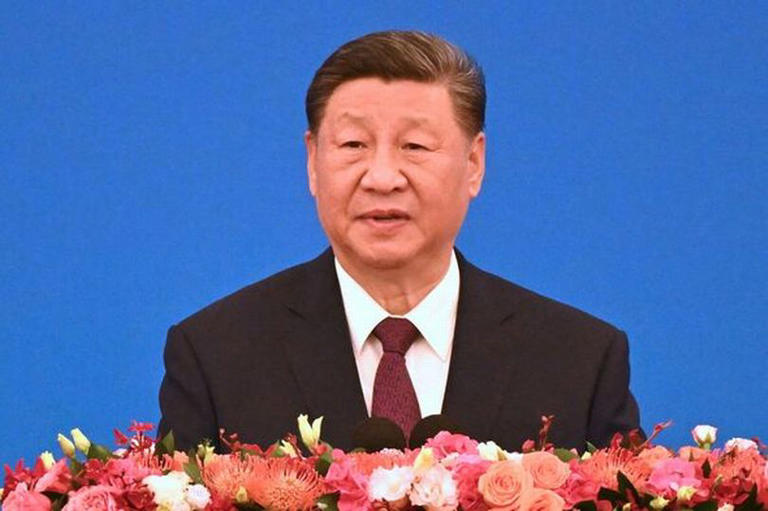The ongoing South China Sea conflict has reached new heights following a violent encounter between the Chinese Coast Guard and Filipino sailors.
China’s aggressive push for dominance in the region has put it at odds with several neighboring countries, including the Philippines.
Last week, Manila condemned what it described as a “brutal assault” by the Chinese Coast Guard on Filipino sailors. The clash resulted in one sailor losing a thumb during an altercation involving axe-wielding Chinese mariners.
The incident occurred as the Filipino crew attempted to deliver supplies to the BRP Sierra Madre, an intentionally beached vessel serving as a base on the disputed Second Thomas Shoal.
According to reports, Chinese personnel attacked the rubber dinghy used by the Filipino sailors, pelting it with stones and attempting to slash it with knives.
The United States, a staunch ally of the Philippines, labeled this aggressive action as “reckless,” further intensifying the scrutiny on Beijing’s territorial ambitions.
Both Manila and Washington have repeatedly warned that Beijing’s aggressive behavior and expansive territorial claims threaten regional peace.
Despite Beijing’s increasing aggression, Filipino President Ferdinand Marcos Jr. has maintained a diplomatic stance, stating he is “not in the business to instigate wars.”
However, with China’s unyielding stance, questions arise about the effectiveness of Manila’s strategy against Xi Jinping’s expansionist policies.
Carl Schuster, a former director of operations at the US Pacific Command’s Joint Intelligence Center, suggested that Beijing’s escalating violence reflects its confidence that the US will limit its response to strong statements.
Schuster speculated that President Marcos might recognize the limitations of US support and therefore seeks ways to de-escalate tensions.
Despite a 2016 international court ruling that invalidated China’s extensive claims, Beijing continues to assert its historical rights over the South China Sea.
In response to the June 17 axe-wielding incident, Chinese Foreign Ministry spokeswoman Mao Ning reaffirmed China’s territorial claims, calling on Manila to return to negotiations to maintain peace and stability in the region. Concurrently, China has been encouraging its academics to construct narratives that bolster its South China Sea ambitions.
Wu Shicun, head of the National Institute for South China Sea Studies, emphasized the importance of narrative construction and discourse building in defending China’s interests in the South China Sea.



